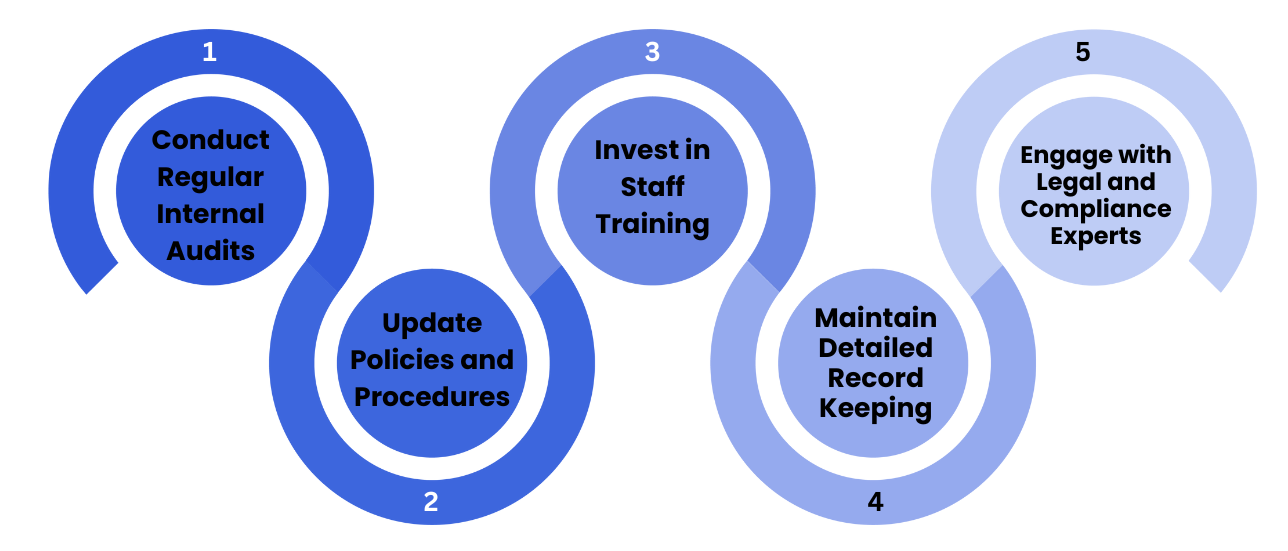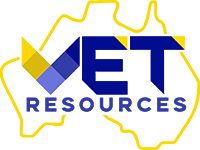✔️ Are you confident that your RTO meets all the legislative requirements?
✔️ Unsure how the draft revised standards will affect your compliance strategies?
✔️Discover the steps you need to take to ensure your RTO remains compliant and audit-ready.
Introduction:
Compliance with legislation is a cornerstone of operating a successful Registered Training Organisation (RTO). As the vocational education and training (VET) sector evolves, so too do the regulations governing it. The draft revised standards introduce updates aimed at enhancing compliance across all RTOs. In this blog, we’ll explore these updates and provide practical steps to ensure your RTO remains compliant with all relevant laws and regulations.
Why Compliance Matters:
Adhering to legislative requirements is crucial for maintaining your RTO’s registration and reputation. Non-compliance can lead to severe penalties, including the suspension or cancellation of your registration. The draft revised standards are designed to help RTOs navigate the complex regulatory landscape more effectively, ensuring:

- Legal Operation: Ensuring all activities are within the bounds of the law.
- Quality Assurance: Maintaining high standards in training and assessment.
- Learner Protection: Safeguarding the rights and welfare of learners.
Key Legislative Areas Covered in the Draft Revised Standards:

- ASQA Standards:
- Compliance with the Australian Skills Quality Authority (ASQA) standards is mandatory for all RTOs.
- These standards ensure that RTOs deliver quality training and assessment services.
- ESOS Act:
- The Education Services for Overseas Students (ESOS) Act protects the interests of international students.
- RTOs must adhere to the ESOS Act to enrol and support overseas students.
- Privacy Act:
- The Privacy Act 1988 regulates how RTOs collect, use, and store personal information.
- Ensuring privacy compliance is vital to protect learners’ personal data.
- (Work Health and Safety) WHS Act:
- The WHS Act requires RTOs to provide a safe working and learning environment.
- Compliance involves regular risk assessments and safety protocols.
Practical Steps for Ensuring Compliance:
To ensure your RTO meets all legislative requirements outlined in the draft revised standards, follow these practical steps:

- Conduct Regular Internal Audits:
- Schedule regular audits to review your RTO’s compliance with ASQA standards, the ESOS Act, the Privacy Act, and the WHS Act.
- Use audit findings to identify and address any areas of non-compliance.
- Update Policies and Procedures:
- Regularly update your RTO’s policies and procedures to reflect changes in legislation and the draft revised standards.
- Ensure all staff are aware of and adhere to these policies.
- Invest in Staff Training:
- Provide comprehensive training for your staff on legislative requirements and compliance procedures.
- Ensure staff are aware of their responsibilities and the importance of compliance.
- Maintain Detailed Record Keeping:
- Keep thorough and up-to-date records of all compliance-related activities, including training, assessments, audits, and incidents.
- Ensure documentation is easily accessible for internal reviews and external audits.
- Engage with Legal and Compliance Experts:
- Consult with legal and compliance experts to ensure your RTO is fully aware of and adheres to all legislative requirements.
- Consider seeking external audits to gain an objective assessment of your compliance status.
Looking Ahead: In our final blog, we will discuss the importance of continuous improvement in training and assessment practices, as outlined in the draft revised standards. Committing to ongoing improvement is key to maintaining high standards and meeting the needs of learners.
Stay tuned for Blog 5: “Continuous Improvement – Strategies for Sustained Excellence in the Draft Revised Standards”.
For further information on the draft revised standards, visit the Department of Employment and Workplace Relations’ Quality Reforms page.
Disclaimer:
The information presented on the VET Resources blog is for general guidance only. While we strive for accuracy, we cannot guarantee the completeness or timeliness of the information. VET Resources is not responsible for any errors or omissions, or for the results obtained from the use of this information. Always consult a professional for advice tailored to your circumstances.






